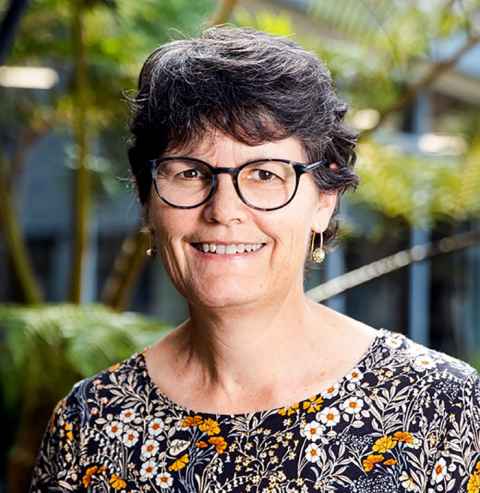What makes a great leader in uncertain times?
2 November 2020
Effective educational leaders share several key characteristics, according to a new book five years in the making.

Leading Powerful Professional Learning; responding to complexity with adaptive expertise by Deidre Le Fevre, Helen Timperley, Kaye Twyford and Fiona Ell from the University of Auckland is the result of extensive collaborative research in schools across New Zealand.
It found that good leaders are not afraid of complexity and uncertainty, make evidence-informed decisions, draw on expertise around them, share their reasoning, are clear about their purpose, and understand the significance of emotion in change.
Associate Professor Deidre Le Fevre, who leads postgraduate programmes in educational leadership at the University’s Faculty of Education and Social Work, says the authors identified schools where improvement was happening and studied what leaders and facilitators of professional learning did in these schools.
“We looked at what informed their practice, how they made decisions, and what dispositions and ‘ways of being’ they brought to their work,” she says.
“These are uncertain and changing times, fast-moving and fluid, making leadership all the more complex and requiring leaders to respond to unexpected and interdependent issues.
“Leaders need to be able to respond to uncertainty and lead in new ways not previously anticipated or planned for, which involves having adaptive expertise; being able to respond in the moment, create strong relationships, and understand the context to make effective decisions.”

After numerous interviews, observations of meetings and discussions about the implications and interpretations of the data, some key findings emerged, says Dr Le Fevre.
“As well as using evidence critically to make decisions, building coherence within and across systems, deepening knowledge and understanding and creating commitment among people to take action, effective leaders understand the importance of emotion in change and motivation for learning.”
Importantly, she says, there are also values and approaches that were commonly seen in the most effective people.
“Things like being aware of your own cultural positioning and the culture (s) you are working with and for, having an inquiry stance where you don’t jump to assumptions and conclusions, being curious, and having a sense of agency, both individual and collective, a feeling that you can bring about change and improvement.”
Possessing a strong sense of social justice, and responding innovatively and persistently to promote equity were other notable characteristics of outstanding leaders, she says.
Dr Le Fevre believes that like any other skill, leadership can be learnt, and the book outlines models for the kind of adaptive expertise required, with findings relevant to a range of contexts beyond education.
“Professional learning has a key role in organisations to support change for improvement and it’s an ongoing process; we all need to keep learning to do the best job we can in challenging times,” she says.
Media contact
Julianne Evans | Media adviser
Mob: 027 562 5868
Email: julianne.evans@auckland.ac.nz